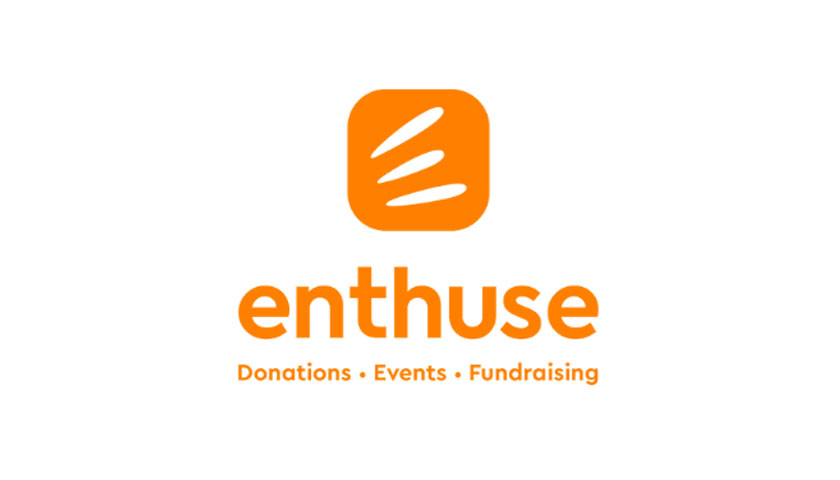Three quarters (73%) of the public has moderate or high trust in good causes (scoring them 6 out of 10 or higher), making charitable organisations the most trusted UK institution, according to the latest research from Enthuse, the digital donations, fundraising and event reg platform.
The Donor Pulse research series provides insight into people’s giving habits, trust levels in charities, and how the gradually improving economic background is impacting the third sector.
A matter of trust
Charities are twice as trusted as the next most trusted institution; faith groups and religious institutions, which came in second at 36%. It is also significantly higher than trust in corporations (32%), government (29%), the media (28%) and political parties more broadly (20%).
When it comes to where people get their information about charities, they’re most trusting of a charity’s own channels – 73% say they trust this source. By contrast, two thirds (62%) stated they mistrust social media for information about charities and half (48%) mistrust what they see, hear or read about charities in traditional media. This shows the importance of charities using their own platforms. Celebrities are often used by charities to promote their cause and this seems to split opinion, with 50% having low trust in what they have to say about charitable organisations.
What’s more, two thirds (66%) of the public say they’re worried about ‘fake news’ and this is something that tracks across all ages. Nearly 7 in 10 (68%) 18-44 year olds are worried about this as are 64% of those aged 45 and over. The most concerned group is 35-44 year olds at 70%.
In the midst of a general election campaign, it’s worth noting that the public wants the government to back the third sector. More than 4 in 5 (83%) believe that the government should be providing financial support to charities. And 43% believe this support should be increased. Gen Z is particularly passionate about this, with 55% of 18-24 year olds in support of increased funding.
Growing giving
With the financial picture gently improving, the public appears to be finding it easier to give. The number of people donating is at its highest level in two years with 75% having done so in the last three months. It’s worth noting however that the record-breaking TCS London Marathon does fall within that period. The intention to give is at its highest level since this research began in 2020 as well, with 78% of the public intending to give. This number is even higher amongst those who have already donated in the last three months, 90% of them say they’ll give again in the next quarter.
One in six people (18%) say they’ve given when a charity’s actions were criticised in traditional or social media in recent months – a phenomenon known as inverse giving. While interestingly those donating to show solidarity with a cause has dropped to 15%. The rise in inverse giving points towards the public believing that charities are continuing to be dragged into political issues, and supporting causes because of this.
Commenting on the research, Chester Mojay-Sinclare, Enthuse Founder and CEO, said:
“As the economy slowly improves and the number of people feeling the same or better off increases, it’s great to see the public recognising the importance of the third sector and giving to good causes. The percentage of people donating is the highest it’s been in two years and the intent to give in the coming months remains high too.”
“For people to donate, they have to trust – so it’s brilliant to see in our research that charities are comfortably the most trusted UK institution. With a general election fast approaching, I hope whoever comes out on top listens to charities and the voices of the people they represent that need to be heard. The sector needs support and the public wants to see it.”
Financial concerns relenting
Inflation rates have dropped down to 2% for the first time since 2021 and there are signs that the financial picture is starting to improve for people. More than half the public (56%) say they feel either the same or better off financially than last quarter and the gap between those feeling worse off and better off is closing more rapidly. That gap currently sits at 25% which is half what it was two years ago. Gen Z could be a key demographic for charities to target in their appeals, not only are they generous but 65% of 18-24 year olds say they feel the same or better off financially.
When it comes to the areas where people are feeling worse off, food prices remain a concern – with 64% saying it’s an issue. Gas and electricity prices come in behind that at 56%, though it’s worth noting this has dropped nine percentage points in the last three months. Rent or mortgage costs are still a consideration for many, with 35% flagging this as a drain on their finances.
